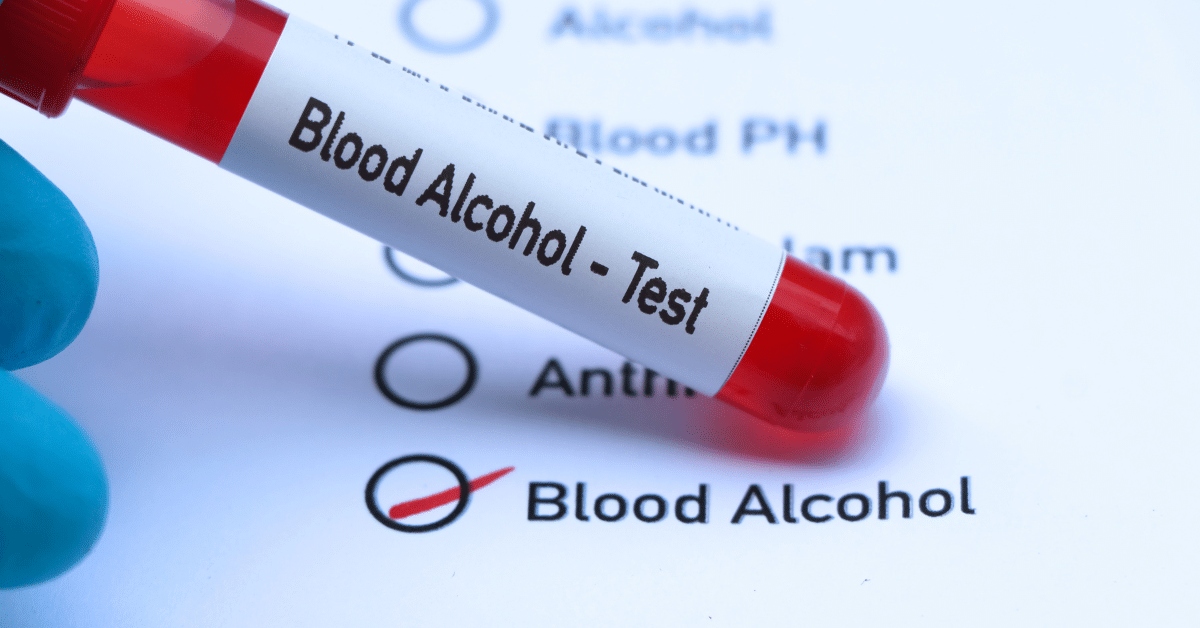Here in Denver, the police may assume you’re intoxicated if you’ve had a certain number of drinks. However, alcohol absorption rates can differ widely. After two people consume the same amount of alcohol, one could be sober while it’s unsafe for the other to drive. If you absorb alcohol slowly, you may not have been impaired when you were pulled over but considered intoxicated when you’re tested an hour later.
What is Alcohol? What Does It Do?
Alcohol (ethanol) is a drug, according to an article in the British medical journal BMJ. It’s a small molecule that dissolves in water. Alcohol is relatively slowly absorbed by your stomach, more quickly absorbed by the small intestine, and freely distributed throughout your body.
Alcohol is a mild anesthetic and a sedative. It’s believed to activate the brain’s pleasure or reward centers by triggering the release of neurotransmitters such as dopamine and serotonin. Alcohol consumption can produce a sense of relaxation, well-being, euphoria, and disinhibition. The body may respond with sweating, flushing, and increased heart rate and blood pressure.
What Affects the Amount of Alcohol in My Blood?
Your alcohol absorption rate depends on several factors:
- It’s faster if your stomach is empty or if you drink hard liquor aerated with carbon dioxide (a rum and Coke, for instance)
- Absorption slows if what you drink has a lower alcohol content, but spirits delay the stomach emptying and inhibit absorption
- Food, especially if it’s high in carbohydrates, inhibits alcohol absorption.
Alcohol diffuses throughout the body slowly, except in organs with rich blood supplies, such as the lungs and brain.
Blood alcohol concentration BAC can vary based on:
- Sex, size, and body build,
- For women, the menstrual cycle phase (it’s highest premenstrually and at ovulation)
- Prior alcohol exposure
- Type of drink
- Whether alcohol was consumed with food or drugs, which can speed up or slow down absorption
If your stomach is empty, blood alcohol concentration will probably peak about an hour after you drink, depending on how much you consume, and it declines for the next four hours. How quickly the body removes alcohol varies from person to person and the amount drunk.
What is the Rising BAC Defense?
It’s illegal to drive while intoxicated or impaired by alcohol. But your charges can be based on a test taken long after you stopped driving because your blood alcohol content (BAC) increased over time. You leave a bar and head home. You speed, are pulled over, and the officer smells alcohol on your breath. At this point, you’re not, under the law, impaired or intoxicated.
If it’s an hour before you’re tested, your body absorbs alcohol during the delay, and you’re more impaired than when you drove. You would’ve gotten home safe and sober if you hadn’t been pulled over. Issues with the wait and your alcohol absorption bring up the rising BAC defense that may result in charges being dismissed or a favorable plea bargain that allows you to put this behind you.
Don’t Go It Alone
Kevin Churchill has defended clients like you in DUI cases for more than 24 years. Don’t make the mistake of defending yourself because you may not know about possible defenses, like the rising BAC defense, and make mistakes that will affect you for the rest of your life. If you’re charged with DUI, DUID, or DWAI in the Denver Metro area or anywhere in the Front Range including Westminster and Arvada, contact Denver DUI attorney Kevin Churchill at (303) 832-9000.
